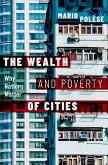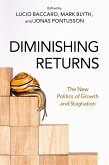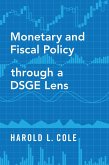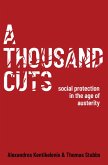The notion that every person living amidst the relative affluence of the rich world has a right to a minimum income enabling social participation, be it frugally and soberly, holds as a fundamental matter of social justice to most people. But how can we make sure that every person has a decent minimum income allowing for a life with dignity in societies rich enough to afford such a right? How can we ensure that minimum income support is cost-effective and compatible with other goals such as promoting work effort, self-reliance, and upward mobility? How can political support for such schemes be fostered and made robust?
Zero Poverty Society assesses the current state of minimum income protection in the rich world, building on original empirical analysis. It also engages with debates on topics as diverse as optimal targeting and means-testing, administrative complexity, non-take-up, behavioural economics, the political economy of minimum income protection, and basic income. Marchal and Marx conclude that more adequate poverty prevention is possible, without the costs having to be prohibitive. However, they are sceptical about 'silver-bullet' solutions such as basic income. Adequate minimum income protection is not a matter of getting one scheme or policy right. It is a matter of getting multiple policy levers right, in the right configuration. Incremental, context-conscious expansion is the way forward if we really care about the most vulnerable.
Dieser Download kann aus rechtlichen Gründen nur mit Rechnungsadresse in A, B, BG, CY, CZ, D, DK, EW, E, FIN, F, GR, HR, H, IRL, I, LT, L, LR, M, NL, PL, P, R, S, SLO, SK ausgeliefert werden.









